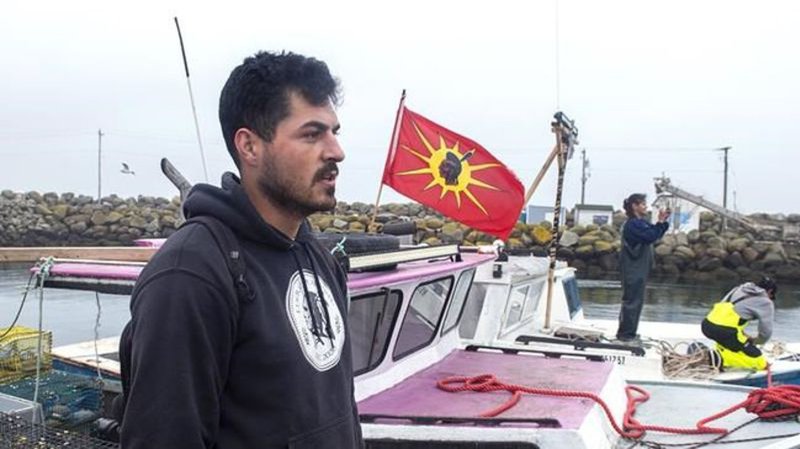
For Mi’kmaq fishers, dreams of a peaceful harvest on N.S. waters repeatedly dashed
HALIFAX — Mi’kmaw fisherman Robert Syliboy says he dreams of peacefully trapping lobster off the shores of southwestern Nova Scotia.
But the hopes of the 27-year-old from the Sipekne’katik First Nation have been repeatedly dashed by the vandalism and arson that has descended on his community after it launched a self-regulated fishery in St. Marys Bay.
One of his own boats was burned at a wharf on Oct. 5.
“Everything I worked for was right there,” he said in a recent interview at Saulnierville wharf. “My livelihood was on that boat. My whole life was on that boat.


